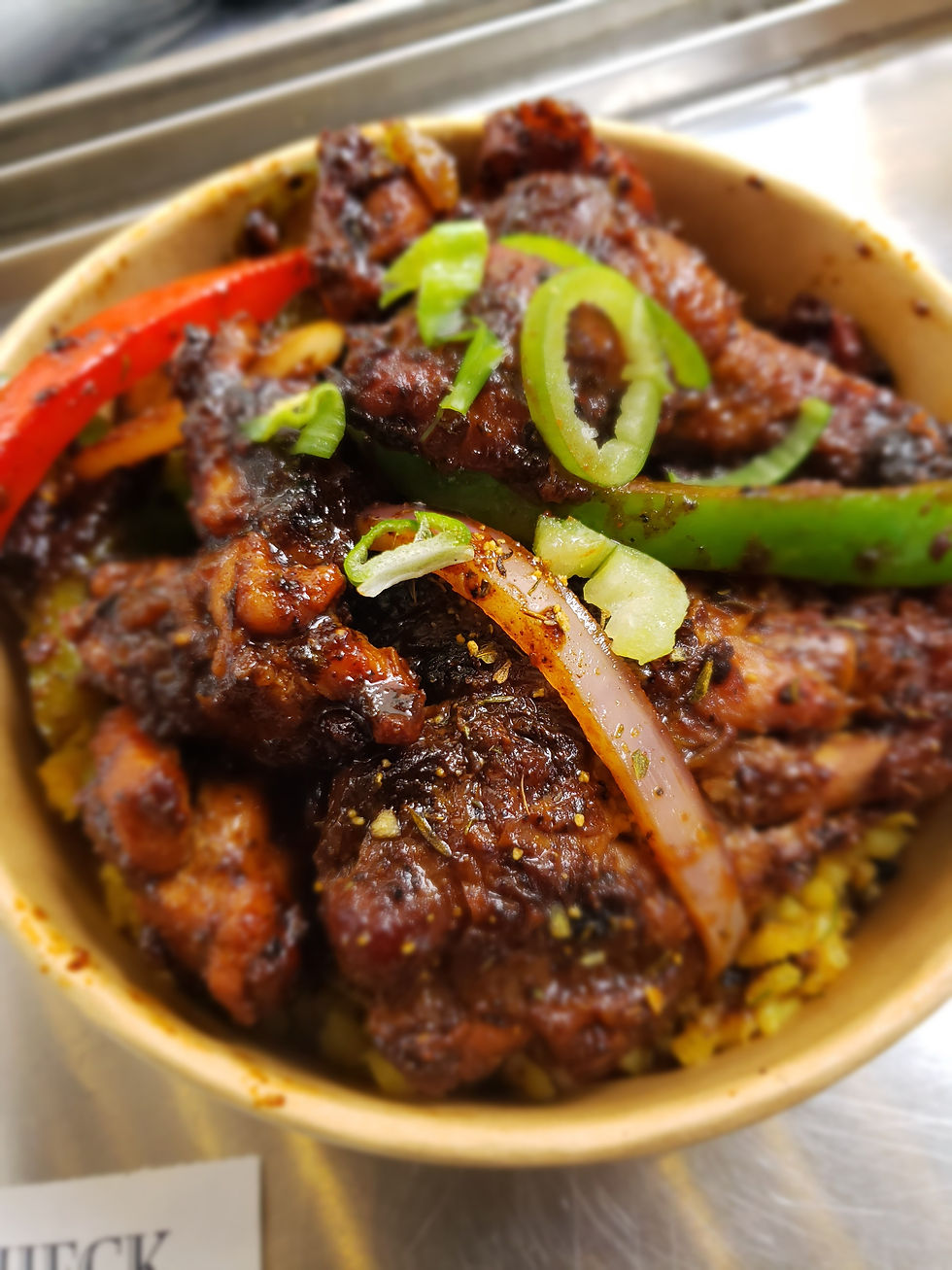History of African American Cuisine
- Doniss Hicks
- Feb 18, 2025
- 3 min read
African American Influences in Seafood Cooking Culture
Origins of Seafood Traditions Across Regions
Seafood has been a vital part of human sustenance for centuries, with diverse cooking traditions emerging worldwide. African American culinary contributions to seafood culture in the United States have deep historical roots, influenced by African, Caribbean, and Southern American traditions. These influences have shaped regional seafood cuisines and left a lasting impact on American food culture.
West African Roots
The foundation of African American seafood traditions can be traced back to specific coastal regions in West Africa, including Senegal, Ghana, Nigeria, Sierra Leone, and Angola. These countries have rich seafood traditions centered around fish, shrimp, crab, and shellfish. Traditional cooking methods such as smoking, drying, and stewing were essential for preservation and flavor enhancement. Dishes such as Thieboudienne (Senegalese fish stew), Egusi soup with fish (Nigeria), and palm nut soup with seafood (Ghana) showcased the use of bold seasonings like cayenne, ginger, and palm oil. Many of these techniques and flavors carried over during the transatlantic slave trade, influencing American seafood cooking styles.
The Southern U.S.: Lowcountry, Gulf Coast, and Chesapeake Bay
As enslaved Africans arrived in coastal regions of the American South, they adapted their seafood traditions to local ingredients. In the Lowcountry (South Carolina and Georgia), dishes such as shrimp and grits, crab rice, and fish stews developed from African culinary techniques blended with Native American and European influences. The Gulf Coast, particularly Louisiana, saw the emergence of Creole and Cajun seafood dishes like gumbo, jambalaya, and blackened fish, which incorporated African spice blends and cooking methods. Meanwhile, the Chesapeake Bay region became known for its blue crab dishes, influenced by African American laborers who worked in the seafood industry and brought their own seasoning blends and preparation styles.
Northern and Western Influences
As African Americans migrated north and west during the Great Migration, they brought their seafood traditions with them. In cities like Baltimore, New York, and Chicago, seafood boils, fried fish, and seafood stews gained popularity within Black communities. The West Coast, with its abundant Pacific seafood, saw adaptations of traditional Southern seafood cooking, incorporating local ingredients such as Dungeness crab and Pacific salmon.
Key Dishes and Techniques
African American seafood cuisine is known for its bold flavors, diverse preparation methods, and cultural significance. Some signature dishes and techniques include:
Fried Fish: A staple in African American cuisine, typically made with catfish, whiting, or trout, and seasoned with cornmeal and spices before frying.
Seafood Boils: Featuring shrimp, crab, crawfish, and other shellfish, seasoned with bold spice blends and cooked with corn, potatoes, and sausage.
Smoked and Grilled Fish: Smoking and grilling were essential preservation methods in African cuisine and remain popular in dishes like smoked catfish or grilled snapper.
Seafood Stews and Gumbos: Inspired by West African one-pot cooking, these dishes incorporate okra, tomatoes, and a rich blend of spices.
Cultural Legacy and Modern Influence
African American contributions to seafood cuisine remain evident today in restaurants, home kitchens, and food festivals across the country. Prominent Black chefs and food historians continue to highlight the significance of African American seafood traditions. Seafood dishes rooted in African American history have become beloved staples of American cuisine, showcasing resilience, creativity, and cultural pride.
From the shores of Senegal, Ghana, Nigeria, Sierra Leone, and Angola to the bustling seafood markets of the American South and beyond, African American culinary traditions have profoundly shaped the way seafood is prepared and enjoyed. By recognizing and celebrating these influences, we honor the rich heritage and enduring impact of African American contributions to seafood cuisine.




Comments